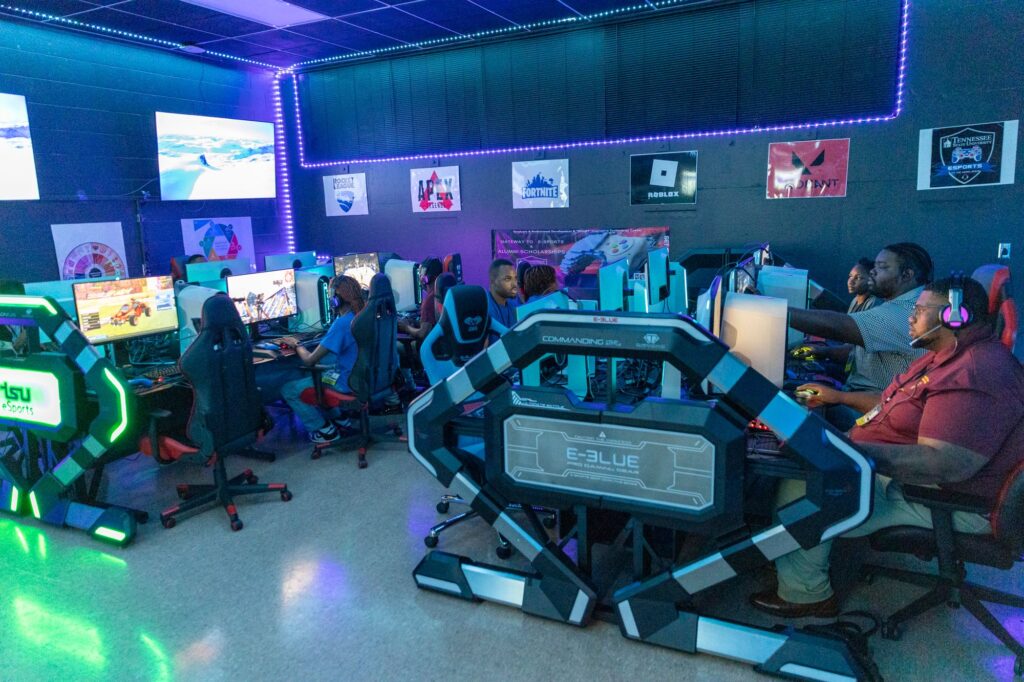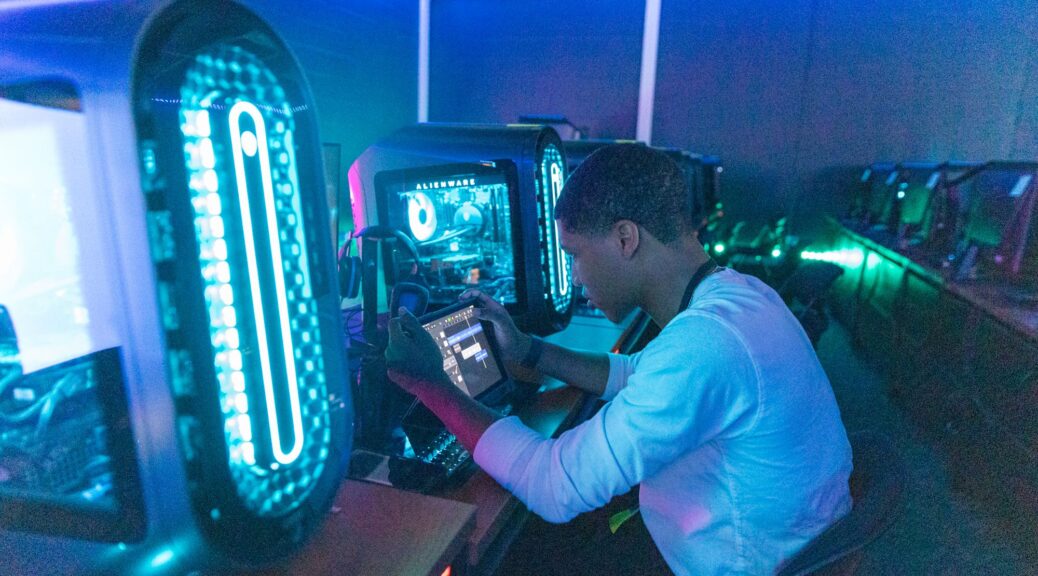NASHVILLE, Tenn. (TSU News Service) – Tennessee State University has positioned itself as a trailblazer in the integration of artificial intelligence (AI) into higher education. A five-week online AI course is just one of the ways Dr. Robbie Melton has had TSU bridge the digital divide by bringing this latest technology to the Nashville community and others. Melton, who also oversees the smart innovation technology center, taught the free AI course that attracted over 160 participants globally.
“I strategically positioned TSU to serve as the professional development center for the HBCUs, looking at the opportunities, the possibilities, and the challenges regarding AI,” Dr. Melton said.
Reflecting on the course, Dr. Melton noted that the participants, “walked away with a full knowledge base, not just in written applications but also in AI in the arts, photography, video, and music.” The course exposed participants to dozens of diverse AI tools. Melton initiated faculty, staff, and student webinars about AI over a year ago, showcasing TSU’s commitment to staying ahead as technology continues to evolve. The recent course, titled ‘The Impact of AI in Higher Education,’ highlighted technological opportunities from a higher education standpoint. TSU Dean of the college of Liberal Arts Dr. Samantha Morgan-Curtis, said participating in the weekly course was well worth the time.
“Other people have to go to conferences or sign up for workshops, while at Tennessee State University, we have the privilege of having internationally recognized experts like Dr. Melton and her Smart Center team readily available,” she said.
Morgan-Curtis noted that the courses and tools provide an opportunity to stay abreast of developments in generative AI.
“Generative AI will be a benefit in education, but it does not replace expertise,” she added, emphasizing the importance of integrating new technologies into education.
Eula Todd, a graduate student at TSU studying leadership education, believes HBCUs specifically must embrace AI to avoid ‘being left behind.’
“We have an opportunity to be at the table at the ground level,” Todd said. “We have to find a way to incorporate it, where it makes the learning experience better for students.”
Alonzo Rhodes Sr., a local physical education teacher, highlighted the practical benefits of the AI class. “I put the information in, and it comes to life for me,” he said.

Rhodes is integrating AI into lesson plans and assessments, not only benefiting his physical education students but also enhancing his personal and professional development.
Melton’s approach with technology initiatives has been instrumental in shaping the university’s leadership role in AI education. The 5-week course came to an end amid President Joe Biden’s most recent executive order regarding AI, one that Melton says aligns with TSU’s commitment to ensuring that AI is trustworthy and beneficial to society.
“The order recognized the opportunities and the possibilities. It didn’t just shut it down. It made people be cognizant of the dangers and cybersecurity, so it was a great balance.”
In October, President Biden signed the executive order that seeks a balance between the needs of technology companies, national security, and consumer, as well as the foundation for future legislation.
The university’s commitment to innovation and inclusivity through AI ensures not only learning about cutting-edge technology but also its trustworthiness and benefits for society.
To learn more about the AI efforts or the Smart Innovation Technology Center visit www.ai-tnstatesmartcenter.org/artificial-intelligence.

